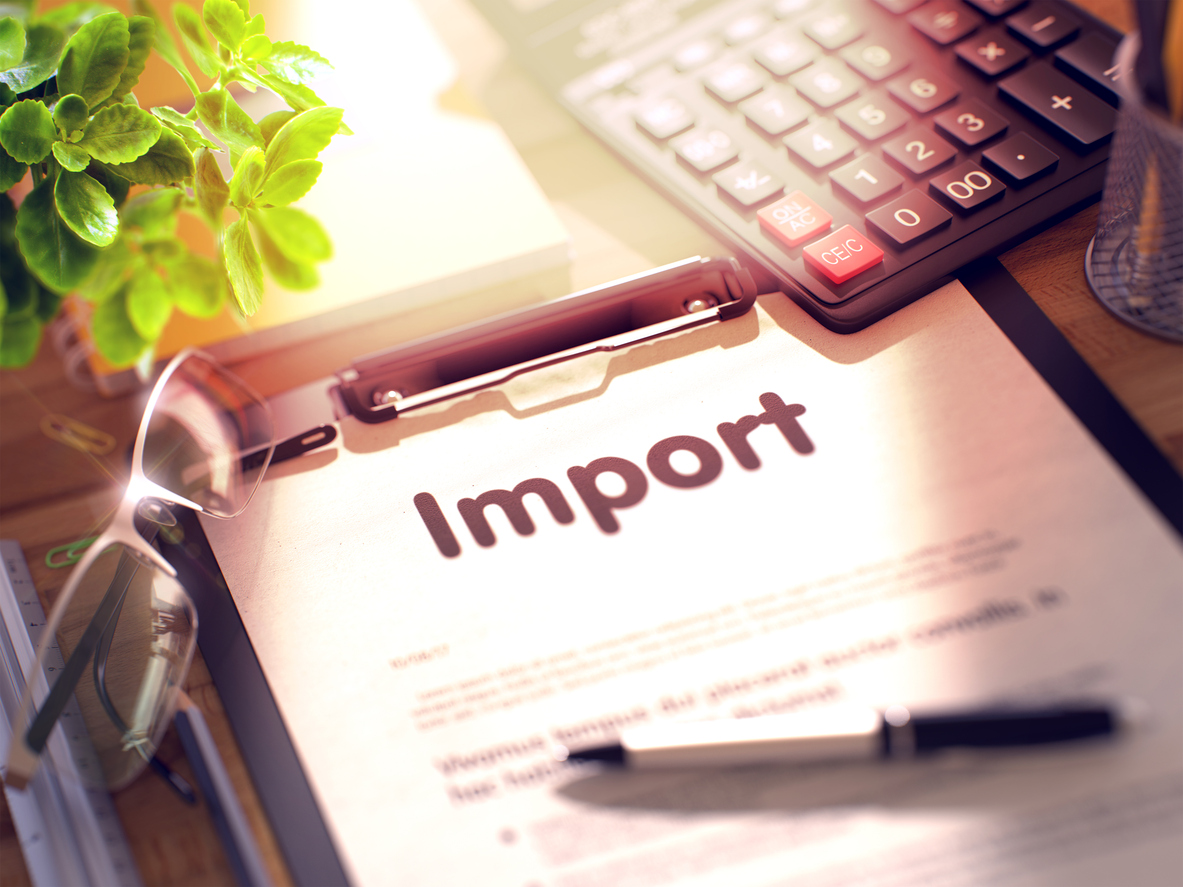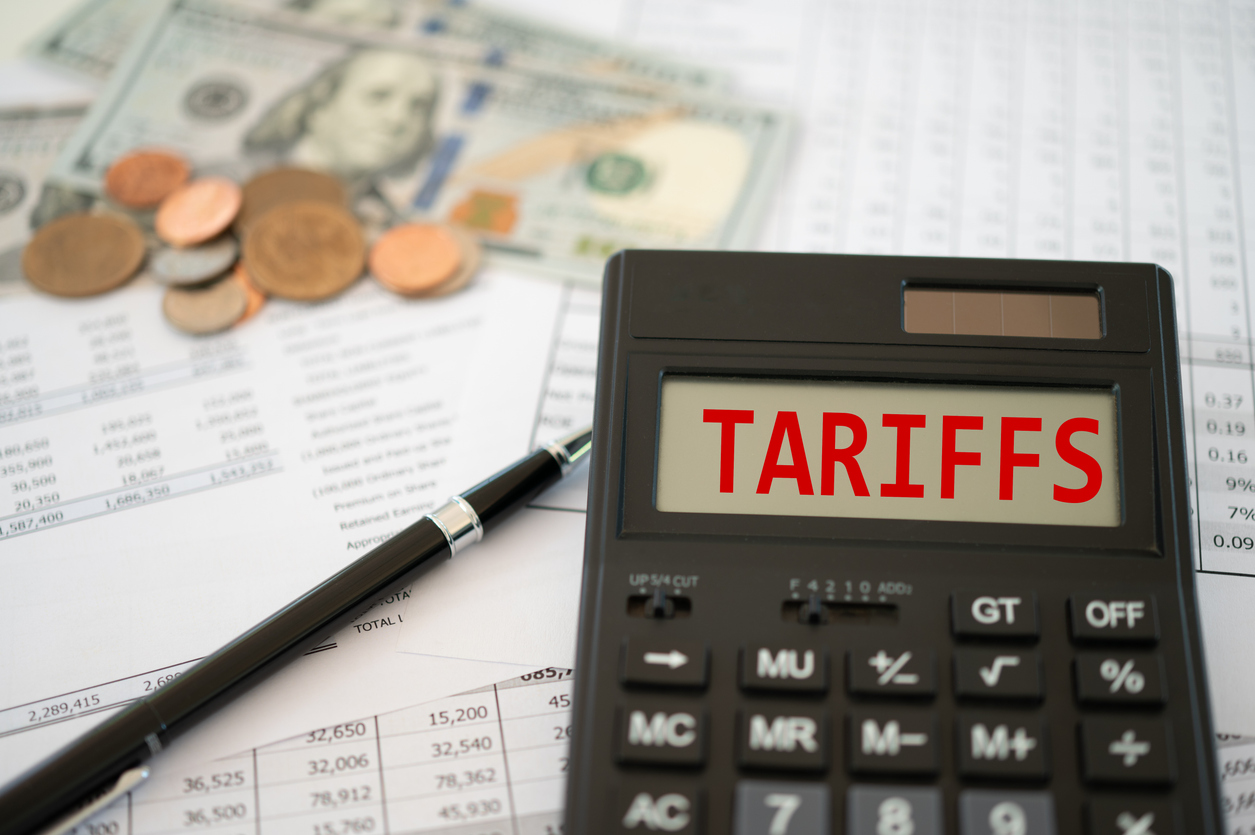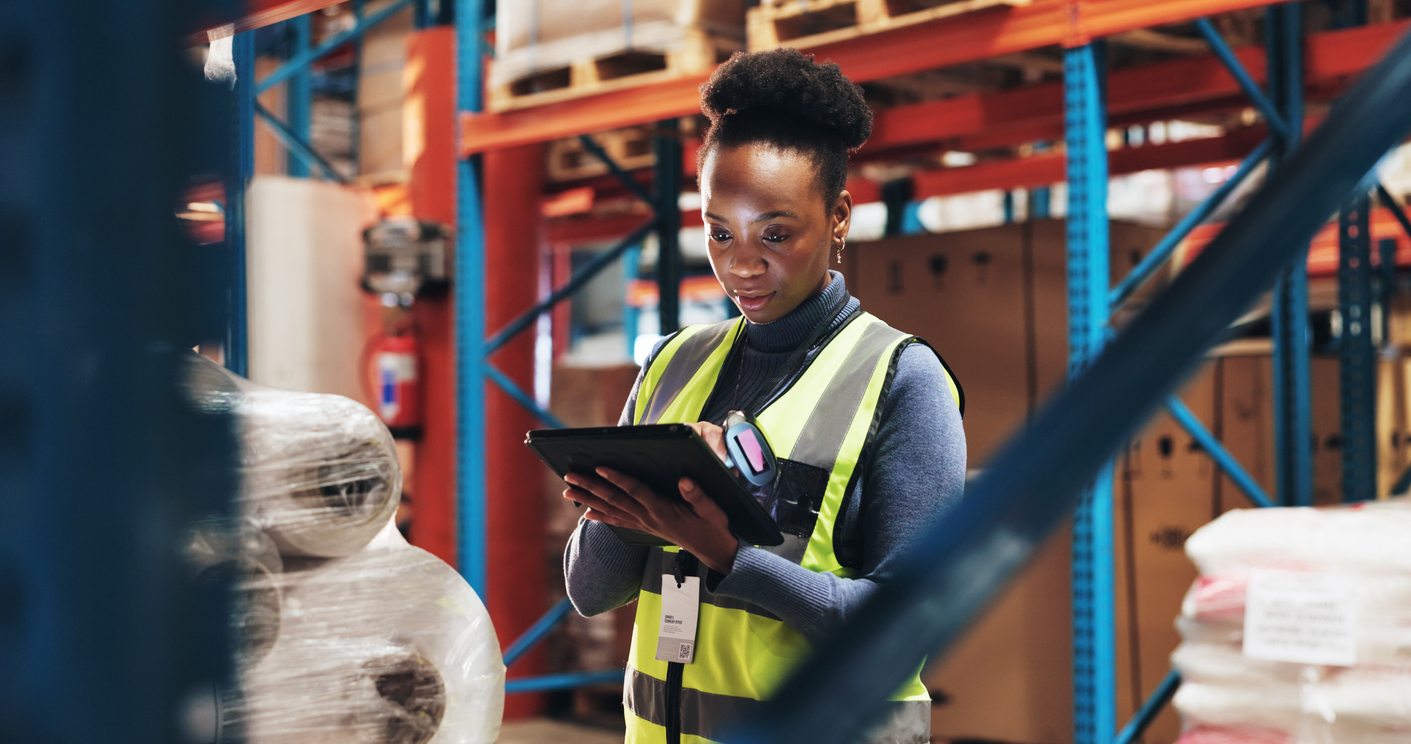How to Buy and Export Gold from South Africa: A Guide for Newbies
How to Buy and Export Gold from South Africa: A Guide for Newbies
When it comes to investing, there are few options that have the same long-term value as gold. For centuries, this precious metal has been seen as a way to hedge against inflation, economic downturns and other factors that can negatively impact other investments such as stocks and bonds. If you want to invest in gold, you will need to buy it and export it from South Africa. This article is designed to help provide an overview of the many ways an individual investor can do so. However, keep in mind that there are many complex laws governing how and where one can buy gold. These regulations also vary widely depending on your location within South Africa or any other country. The following information should not be construed as investing advice; instead, view this article as a general guide on how to buy and export gold from SouthA frica .
What to Know Before Buying and Exporting Gold From South Africa
Before you purchase gold, it’s important to understand a few key factors. The first is the difference between “physical” gold and “electronic” gold. Physical gold is formed into bars of a certain weight and size, then stored in a secure facility. Physical gold is not only more valuable per ounce, but is also easier to store and sell in the future. Electronic gold, on the other hand, is not available in physical form. It is a digital asset stored on a blockchain and managed by brokers, exchanges and other intermediaries. Some investors prefer electronic gold because it is cheaper and easier to purchase. However, it is also far less secure and cannot be stored like physical gold bars. Another important distinction to keep in mind is the difference between “jurisdictions.” When purchasing gold, you must decide whether to buy from a domestic source or source gold overseas. Domestic gold is sourced in South Africa and is usually more affordable. However, exporting it can be more difficult, as many countries have strict regulations on importing this type of asset. Overseas gold, while more expensive, is often easier to export.
How to Buy Physical Gold
If you want to buy physical gold, you will need to find a bullion dealer. These companies will allow you to purchase as little as one gram of gold bullion. Before purchasing, make sure to ask about any storage fees and insurance policies that may be involved. Once you have purchased physical gold, you need to store it in a safe and secure location. There are several options for storing gold, including safety deposit boxes, vaults and home safes. Make sure to research each option before committing to a storage method, as some are more secure than others. If you want to sell your physical gold in the future, you may need to provide documentation proving that it was purchased from a trusted source.
How to Export Physical Gold
Before exporting physical gold, make sure you have all the necessary documentation. This includes a proof of purchase, an invoice and a valid certificate of origin. You will also need to obtain an export permit from the South African Department of Trade and Industry. Once you have everything in order, you can take your gold to a customs office to have it cleared for export. Make sure to keep in mind any duty rates imposed on gold bullion purchased from South Africa. If you are planning to export large quantities of gold, you may need to apply for an export license.
How to Buy Electronic Gold (eGold)
If you want to buy electronic gold, you can purchase this type of digital gold asset through a variety of brokers and exchanges. Some of the most popular companies include Degold, BitGold, GoldMoney and Swissquote. Some of these companies allow you to store your eGold in a digital wallet or vault. Others manage your eGold on your behalf, which means you do not have direct access to it. Before purchasing eGold, make sure to read the company’s terms and conditions. You should also consider the costs involved and any penalties for withdrawing your investment early.
How to Export Electronic Gold
If you want to export your eGold, you must first withdraw it to a conventional form of gold bullion. Most brokers will require you to have a minimum balance of one gram of electronic gold to export. Once you have withdrawn your eGold, you can take it to a customs office to have it cleared for export. Make sure to keep in mind any duty rates imposed on gold bullion purchased from South Africa. If you are planning to export large quantities of gold, you may need to apply for an export license.
How to Trade in Paper Gold (CFD)
If you want to trade in paper gold, you can purchase a contract for difference (CFD). This type of paper gold is essentially a derivative contract that allows two parties to trade in the price of gold without actually owning any of the physical metal. CFD trading is similar to the futures market, which allows traders to bet on the price of a commodity without needing to own the asset. Before committing to a CFD contract, make sure to thoroughly read the terms and conditions as well as any ongoing fees that may be involved. You should also consider the risk involved and how you will close out your position if the price moves against you.
Conclusion
When it comes to investing in gold, there are a wide variety of options. You can buy physical gold, eGold or trade in paper gold (CFD). No matter which type of gold you choose to buy, make sure to do your research and understand the risks involved. When buying and exporting gold, be sure to follow all applicable laws and regulations and make use of a trusted and reputable gold broker.








LEAVE A COMMENT
You must be logged in to post a comment.